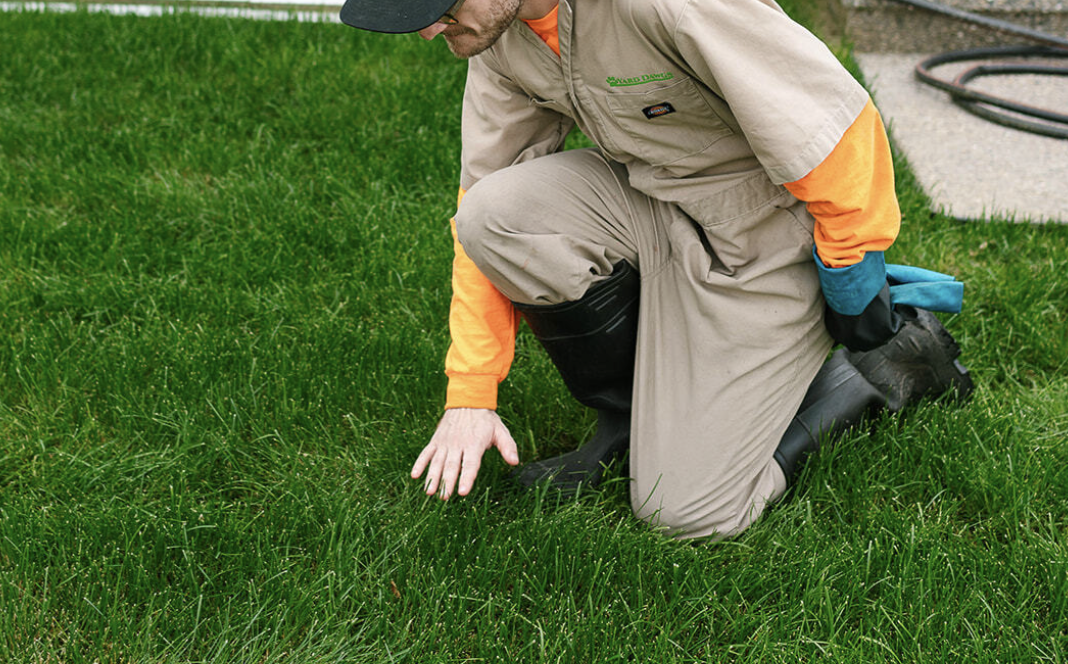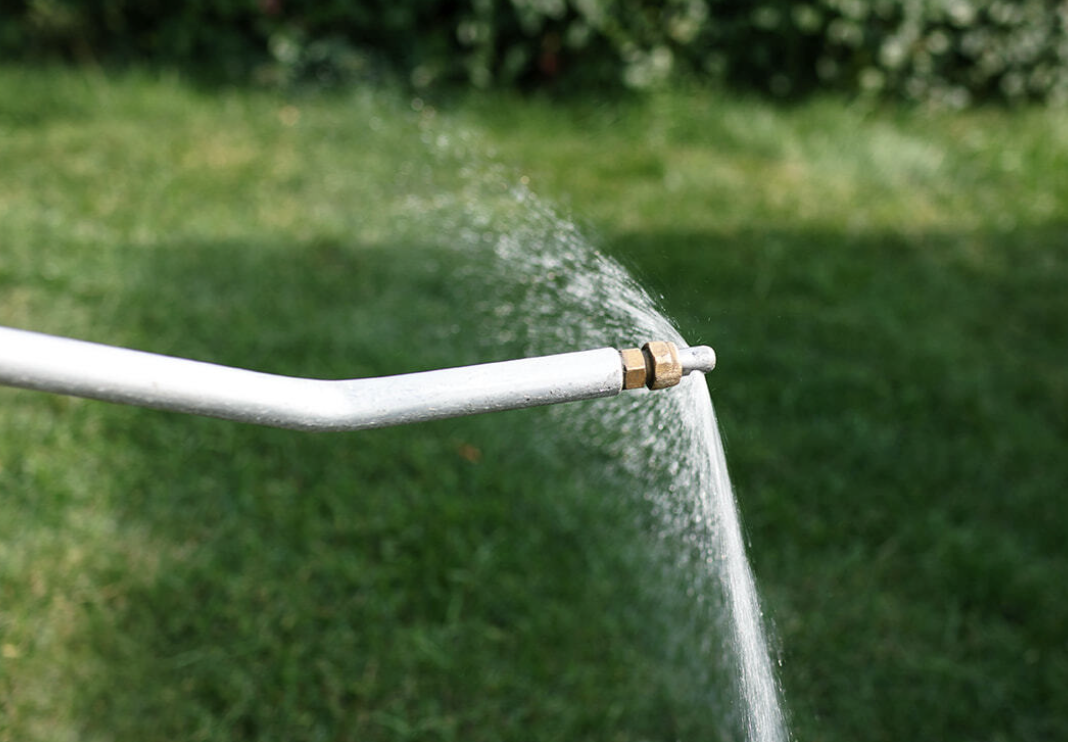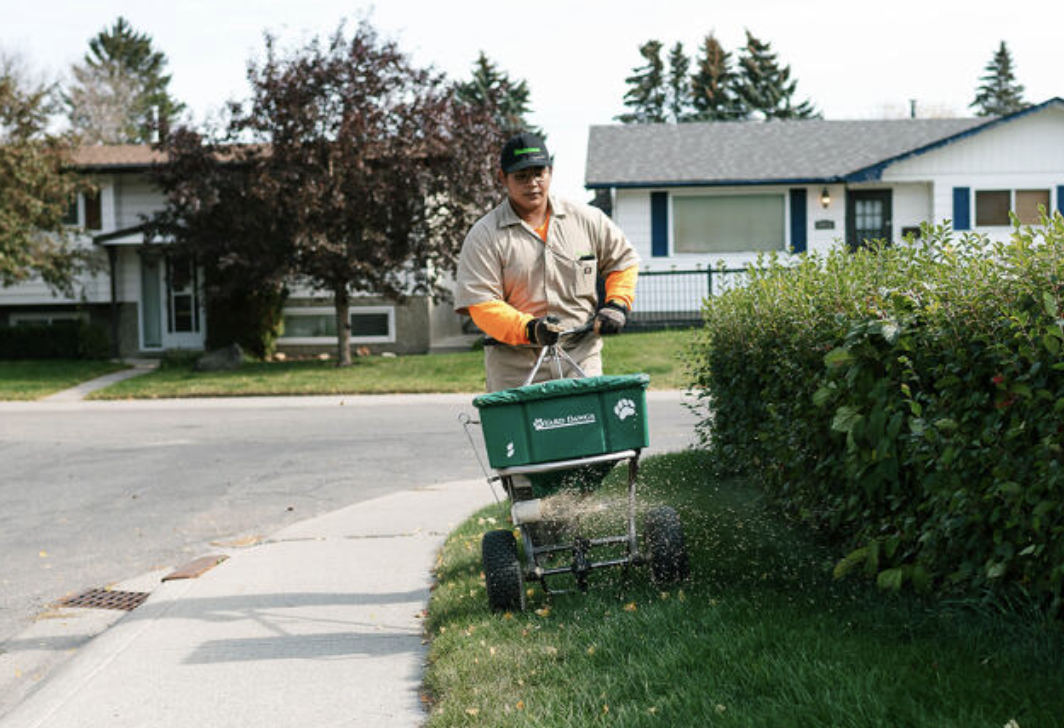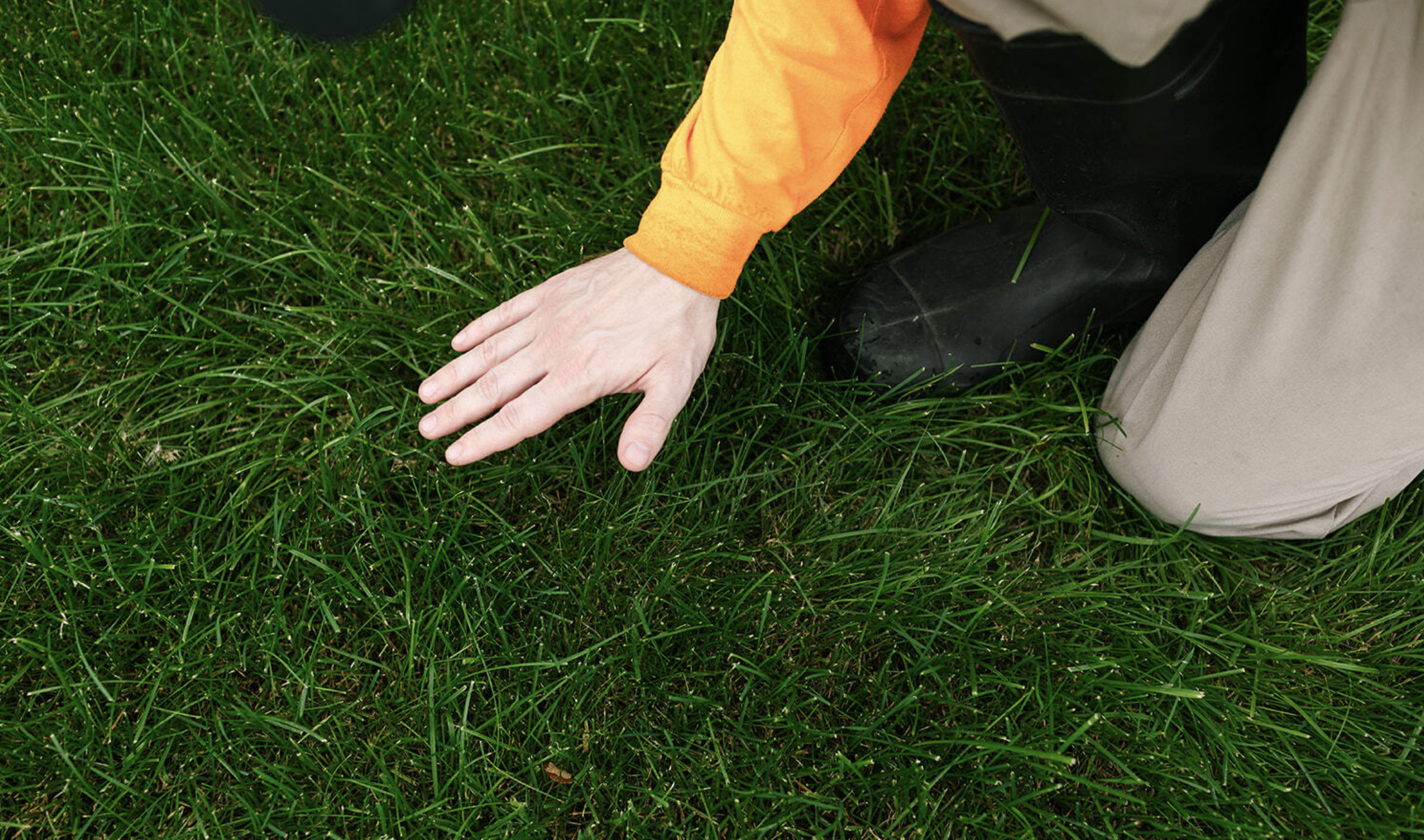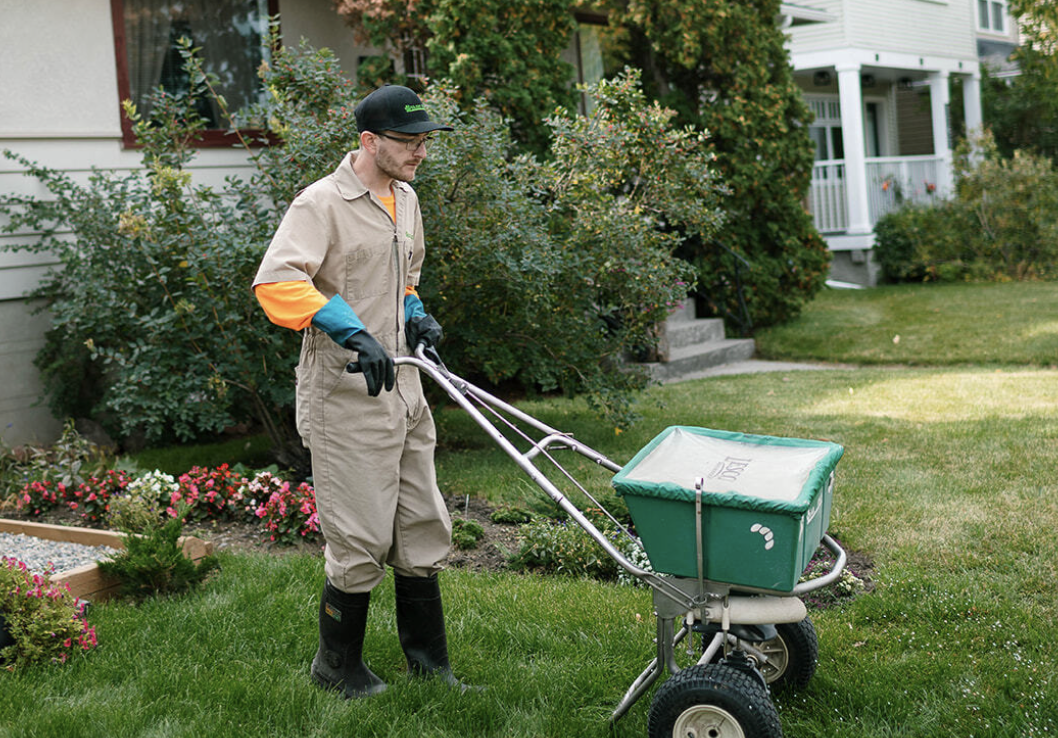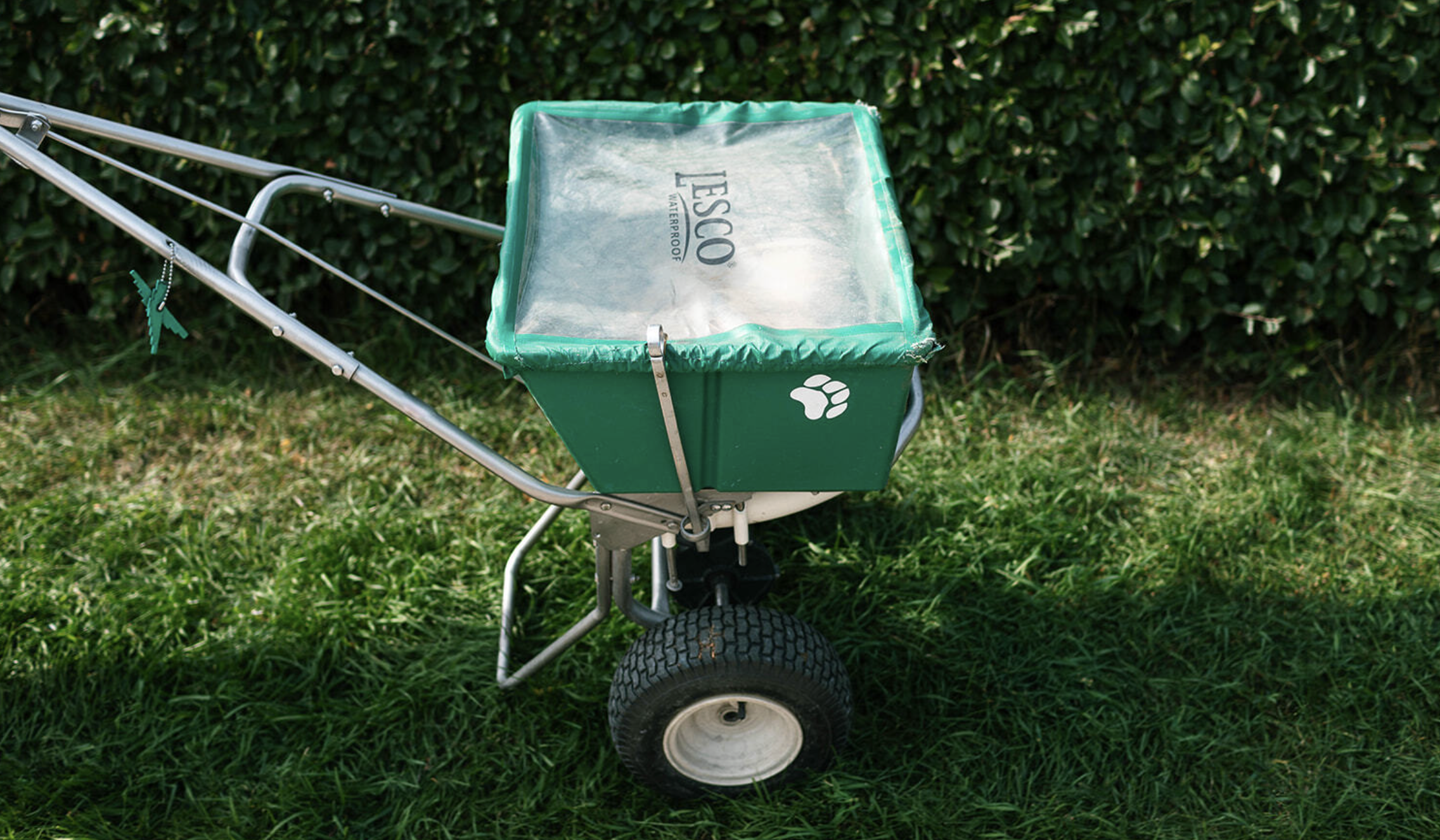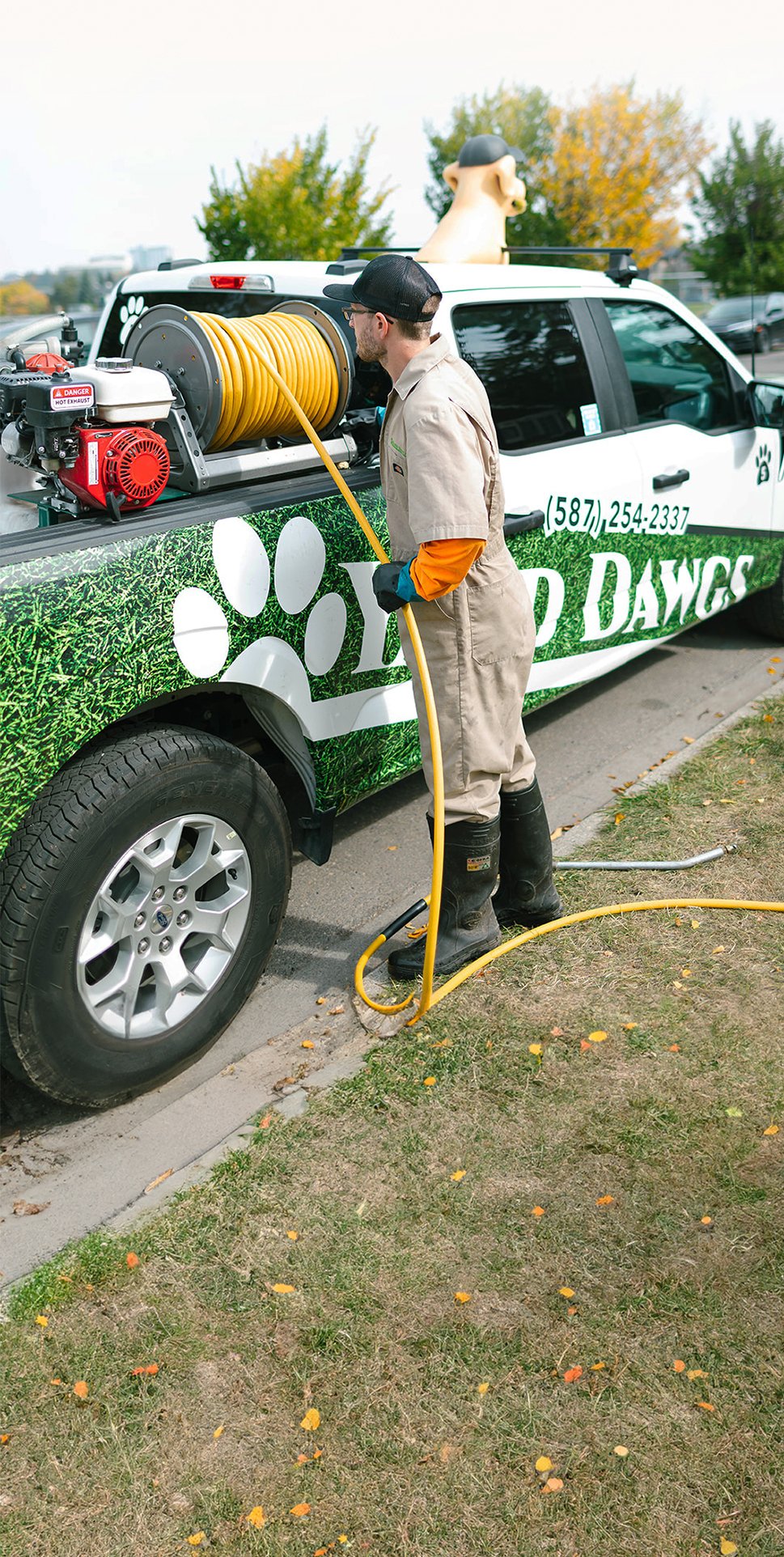Keeping your lawn weed-free doesn’t have to mean relying on harsh chemicals. Organic weed control offers a safer, more environmentally friendly way to maintain a lush, healthy yard.
This article will explore effective organic methods that target weeds without harming your grass, your family, or the planet. Discover how to keep your lawn thriving naturally with natural herbicides and smart lawn care practices.

What is Organic Weed Control
Organic weed control refers to methods of managing and eliminating weeds using natural or non-toxic substances rather than chemical herbicides. These methods aim to protect the environment, human health, and beneficial organisms while keeping your lawn or garden weed-free.
Benefits of Organic Weed Control
Choosing organic weed control offers a range of advantages that benefit your lawn, the environment, and your overall well-being. By opting for natural methods, you can cultivate a healthier space free from harmful chemicals while effectively managing weeds. Here are some key benefits of using organic weed control:
Environmentally Friendly
Organic weed control methods minimize the environmental impact by avoiding toxic chemicals that can contaminate the soil, water, and air. By using natural solutions, you help protect local wildlife and promote biodiversity, creating a safer ecosystem for everyone.
Safer for Family and Pets
With organic weed control, you choose safer solutions for your loved ones. Chemical herbicides can pose health risks to children and pets, especially if they come into contact with treated areas. Organic alternatives are much less likely to harm your family members, allowing them to enjoy your outdoor space without worry.
Long-Term Soil Health
Organic weed control methods, such as mulching and using natural fertilizers, help improve the health of your soil. By avoiding harsh chemicals, you preserve beneficial microorganisms and maintain a balanced ecosystem in the soil, promoting healthy plant growth and resistance to future weed problems.
Supports Healthy Plant Growth
When you use organic weed control, you're managing weeds and creating an environment conducive to healthy plant growth. Organic methods often involve improving soil structure and nurturing grass or plants, allowing them to thrive while keeping unwanted weeds at bay.
Cost-Effective and Sustainable
Over time, organic weed control can be more cost-effective than chemical alternatives. Many organic solutions, such as vinegar or homemade herbicides, are inexpensive and easy to make. Plus, sustainable practices like crop rotation and mulching can reduce the need for ongoing treatments, making your lawn care routine more affordable in the long run.
Safe and Organic Weed Control Solutions
There are several safe and effective organic solutions to control weeds in your lawn or garden. These methods are gentle on the environment and your family while providing excellent results. Below are some of the best organic weed control options, along with practical tips on implementing them.
Mulching: A Natural Weed Barrier
Mulching is one of the simplest and most effective ways to control weeds without chemicals. Covering the soil with organic material blocks sunlight and prevents weeds from germinating.
- Apply a thick layer of mulch (2-3 inches) around plants and garden beds.
- Use natural materials like straw, grass clippings, or shredded leaves for the best results.
- Replenish mulch as it decomposes to maintain effective weed prevention.
Hand Weeding: Manual, Yet Effective
While it may require effort, hand-weeding is an excellent way to keep your lawn or garden free from unwanted weeds. This method ensures you target the weed directly without affecting surrounding plants.
- Use a weeding tool or garden fork to remove the weed's root, ensuring it doesn't regrow.
- Regularly check your lawn or garden for new weeds to prevent them from spreading.
- Dispose of the weeds properly by composting or bagging them for removal.
Natural Herbicides: DIY Weed Killers
Natural herbicides, like vinegar, salt, or essential oils, can effectively kill weeds without harming the surrounding plants or soil.
- Use vinegar (with at least 10% acetic acid) to spray directly on weeds on hot, sunny days.
- Mix a solution of salt and water to target weeds growing in cracks or driveways.
- Essential oils like clove or cinnamon oil can be mixed with water for a more concentrated herbicidal solution.
Corn Gluten Meal: A Pre-Emergent Solution
Corn gluten meal is an organic product that can be used as a natural pre-emergent herbicide, preventing weed seeds from germinating.
- Apply corn gluten meal in early spring before weeds start to sprout.
- Water the lawn lightly after application to activate the corn gluten.
- Be mindful that this method also prevents desirable seeds from germinating, so avoid using it where you want to plant new seeds.
Boiling Water: Hot and Simple
Boiling water is a simple, eco-friendly solution that works well for weeds growing in cracks, sidewalks, or driveways.
- Boil water in a kettle or pot and pour it directly onto the weeds.
- Be cautious to avoid spilling on surrounding plants or grass.
- Repeat the process for stubborn weeds or those in hard-to-reach areas.
DIY Weed Killer with Dish Soap
A mixture of dish soap, salt, and vinegar can create an effective weed-killing solution that’s safe for your lawn but deadly to unwanted plants.
- Combine 1 gallon of white vinegar, 1 cup of salt, and 1 tablespoon of dish soap in a spray bottle.
- Spray directly onto weeds, focusing on the leaves and stems.
- Reapply every few days until the weeds are completely eliminated.
Best Natural Weed Killer for Lawns
Natural weed control is most effective when methods are matched to weed type, timing, and overall lawn condition. Rather than relying on a single solution, combining targeted treatments with long-term lawn health strategies delivers better results.
Vinegar-Based Solutions
Vinegar-based weed killers work by drying out plant tissue on contact, making them best suited for spot treatment of young, actively growing weeds. These solutions are non-selective and should be applied carefully to avoid damaging surrounding grass or plants.
Corn Gluten Meal for Prevention
Corn gluten meal functions as a natural pre-emergent by inhibiting root development in germinating weed seeds. It is a preventative option, not a post-emergent solution, and works best when applied consistently before weed seeds sprout.
DIY Natural Weed Killer Sprays
DIY sprays made with household ingredients can suppress weeds through direct contact rather than systemic control. These sprays are most effective for small-scale weed issues and require repeated applications, especially after rainfall or regrowth.
Healthy Lawn = Natural Weed Resistance
A dense, well-fed lawn is one of the most reliable forms of natural weed control. Proper fertilization, aeration, overseeding, and watering strengthen turf density, reducing available space for weeds to establish and spread.
Let Yard Dawgs Take Care of the Weeds
Organic weed control takes time, consistency, and the right approach. At Yard Dawgs, we handle all the hard work safely and effectively. We've got you covered if you're looking for a lush, chemical-free lawn. Let us do the dirty work so you can enjoy a healthier, greener yard.





.png)

